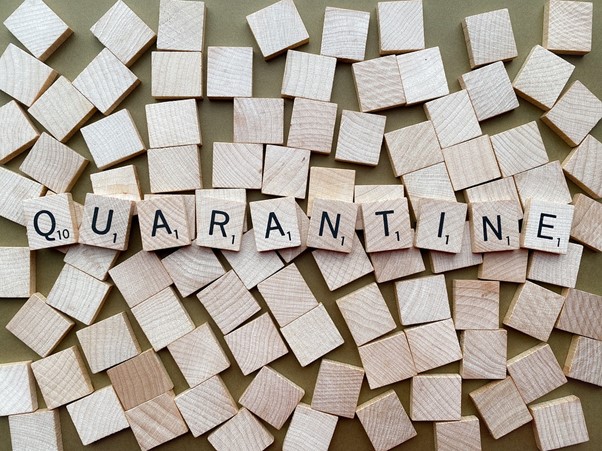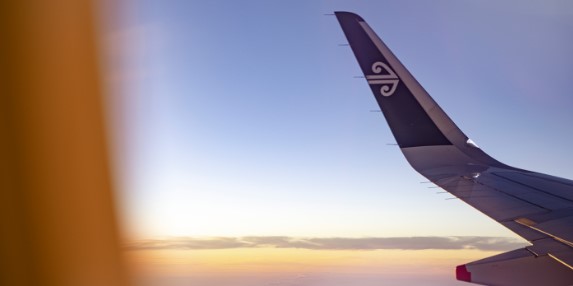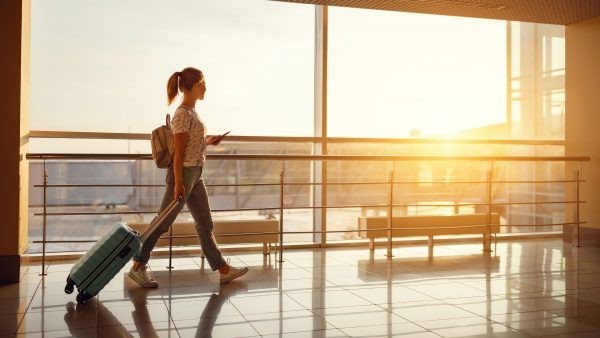
Photo: Courtesy Wokandapix - Pixabay
The national cabinet has decided to end mandatory isolation for COVID-19.
After a meeting on Friday at Parliament House, Prime Minister Anthony Albanese and state and territory leaders decided to lift the five-day stay-at-home order for those with COVID-19.
On 14 October, the new rules will go into effect.
However, personnel in highly susceptible environments, such as hospitals and nursing homes, will still be required to observe the isolation period.
Pandemic leave benefits for impacted employees will end on 14 October because of the decision to abolish the mandated isolation period.
The Commonwealth and the states and territories would each pay half of the remaining payments for workers in vulnerable settings.
Mr. Albanese assured everyone that the measures would be fair and only affect those who needed them most.
He told reporters in Canberra, “We want a strategy that fosters resilience and capacity-building and lowers a need for government assistance.”
As the statement puts it, “it was a unanimous decision by the national cabinet today and received the backing of all premiers and chief ministers.”
According to Paul Kelly, chief medical officer, the pandemic is far from gone despite decreasing case counts and lessening isolation mandates.
While the virus still posed a threat, he said the time for urgent action was over.
He predicted that the virus would continue to have “peak activity” throughout the year.
“But now is the moment to think that we have other things we can do to safeguard those most vulnerable individuals,” he continued.
According to Professor Kelly, lifting the quarantine was the best option.
He said it was time to stop treating COVIDs as an exception and start considering safeguarding the public from all forms of respiratory illness.
We can’t just focus on one thing. These safeguards, along with the other protective measures we have in place, need to be evaluated. We must retain the flexibility to alter these choices in the future.
The prime minister justified his administration’s decision to halt pandemic leave payouts, stating that now was the best time to adjust.
He said that governors and territorial officials backed the move.
He argued that it would be unsustainable for the government to pay citizens’ salaries indefinitely.
These precautions were established with the understanding that they were an absolute last resort.
The government hasn’t always paid people’s wages when they have health difficulties, but “the flu and health challenges have persisted for a long time.”
According to Prof. Kelly, COVID-19 will remain there for a long time, and any action taken against it will be proportional.
State and territory leaders, including New South Wales Premier Dominic Perrottet, have lobbied federal officials to abolish mandated isolation periods.
On the other hand, on Friday morning, the president of the Australian Medical Association, Steve Robson, harshly criticised government officials who have called for the elimination of quarantine requirements.
Those who advocate for shorter isolation times are “not scientifically literate” and “putting the public at risk,” he told the ABC.
There has been a dramatic increase in the number of reported cases of COVID. It’s almost the holidays, a time when many people take trips all over the world. We need to defend the healthcare system; therefore, we’re advocating prudence during this time of heightened danger.
 From Vineyards to Coastlines: The Allure of Margaret River
From Vineyards to Coastlines: The Allure of Margaret River  A Trip to Christmas Island: Australia’s Hidden Oasis in the Indian Ocean
A Trip to Christmas Island: Australia’s Hidden Oasis in the Indian Ocean  Taking on the Tasman: Air New Zealand Unleashes 1.7 Million Seats for Summer
Taking on the Tasman: Air New Zealand Unleashes 1.7 Million Seats for Summer  Cape to Cape Track: Australia’s Most Beautiful Coastal Walk
Cape to Cape Track: Australia’s Most Beautiful Coastal Walk  How Rising Costs Are Reshaping Australian Travel Plans
How Rising Costs Are Reshaping Australian Travel Plans  Royal Caribbean’s Summer Down Under: A Spectacular 2026-2027 Cruise Odyssey
Royal Caribbean’s Summer Down Under: A Spectacular 2026-2027 Cruise Odyssey  Qatar Airways Resumes Flights To Malta: Enhancing International Connectivity
Qatar Airways Resumes Flights To Malta: Enhancing International Connectivity  Viking Cruises Unveils 14 New Ocean Itineraries for 2026 & 2027
Viking Cruises Unveils 14 New Ocean Itineraries for 2026 & 2027  Seabourn Elevates Onboard Dining with New Menus and Local Flavours
Seabourn Elevates Onboard Dining with New Menus and Local Flavours  Oceania Cruises Marks a New Era with the Construction of the First Sonata Class Ship
Oceania Cruises Marks a New Era with the Construction of the First Sonata Class Ship 